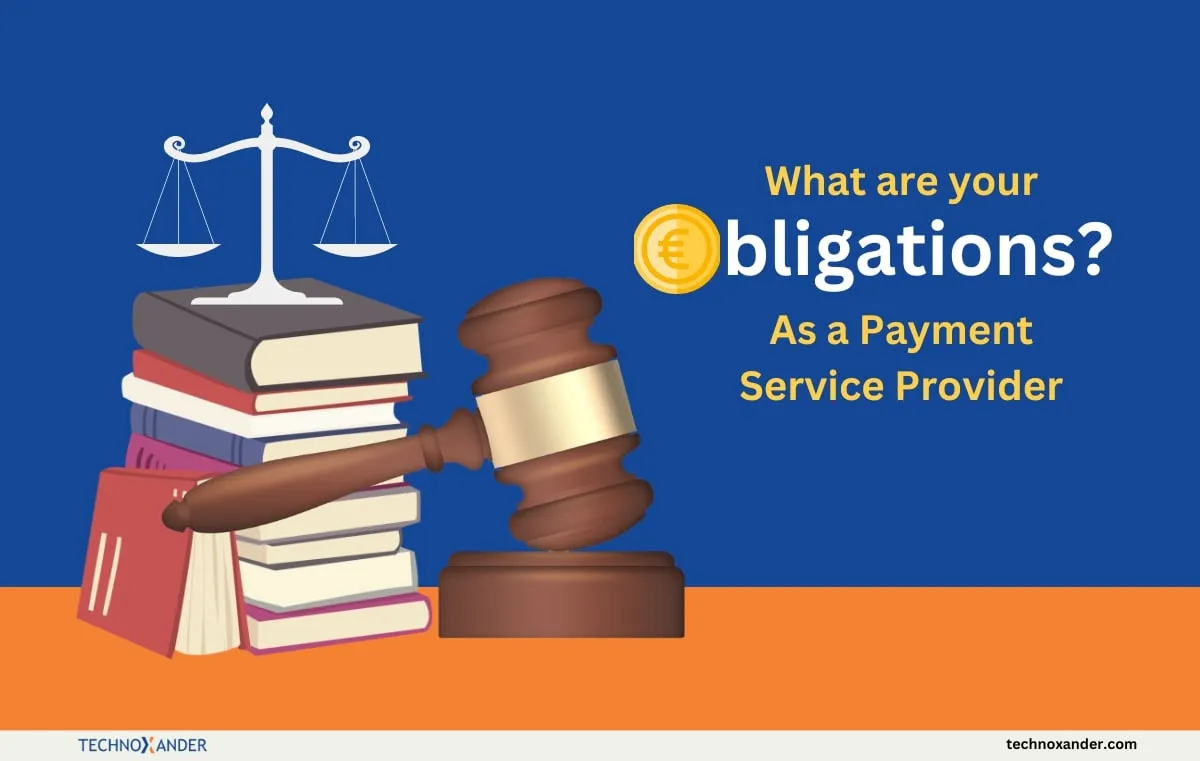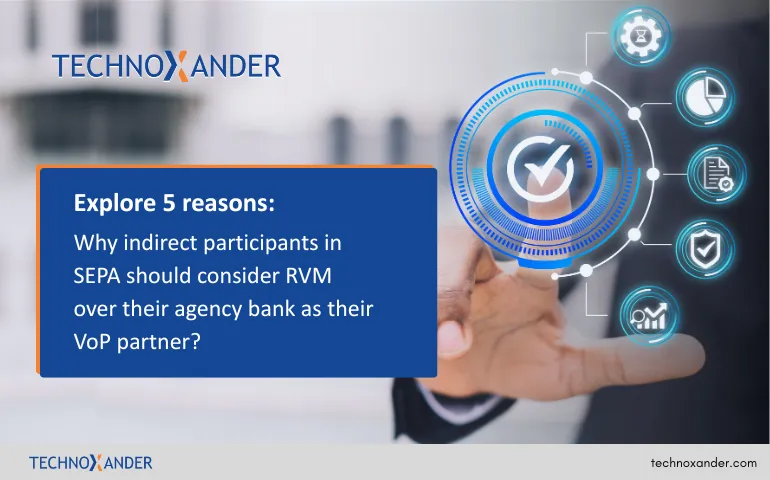Payment Service Providers (PSPs) have been at the centre of a growing number of reporting challenges as the fight against Authorised Push Payment fraud continues to intensify. During this time, it is crucial that both sending and receiving companies use effective methods of communication to deal with problems arising due to APP fraud, especially with the upcoming reimbursement requirement for 2024. This blog examines the current challenges of APP fraud reporting. It explores communication requirements, inconsistent methods, variations in fraud data and the broader landscape.
Challenges Associated with Communication
The PSR’s recent reimbursement requirement states that both sending and receiving firms must act as one in compensating victims of APP Fraud promptly. Effective communication is critical as each firm holds key information relating to any fraudulent transaction that might impact victims, cooperation between firms allows for swift actions such as stopping payments and recovering funds for victims quickly. Unfortunately, practical difficulties often arise in trying to balance fraud prevention measures without creating excessive friction in payment processing resulting in potential delays and uncertainties for payments processing.
Agreement on the Scope of App Fraud
Assessing claims of APP fraud presents an immense challenge due to inconsistent approaches among PSPs. Me-to-me transactions, seller disputes and payments to crypto exchanges all present unique difficulties when determining whether they fall within the scope of reimbursement. Harmonisation is therefore key, and reimbursement requirements aim at driving consistency by encouraging firms to communicate early in the process.
Customers Experience Inconsistent Outcomes from Their Solutions Providers
PSPs currently take various approaches when assessing APP claims, from automatic reimbursement and partial cost-sharing with customers to limited circumstances for claim consideration and automatic reimbursement, which often leads to unpredictable outcomes. With the implementation of reimbursement measures in 2024 expected to reduce these variations and foster industry-wide improvements by adhering to industry standards more effectively, this variation could become less of an issue.
Receiving Fraudulent Data Variations
The top 20 firms receiving fraud expose significant variation among PSPs. Smaller and newer PSPs tend to exhibit higher fraud rates, further emphasizing the need for improved controls and systems. While progress has been made, improving gaps in controls remains key for improvement.
New Requirements Paves Way for Difficulties
PSPs face many practical difficulties, including managing obligations intersecting with new requirements and uncertainty about their application. Balancing between protecting consumers from fraud while providing seamless payment processing is often challenging; interactions with existing legal requirements such as FCA regulations or Anti-Money Laundering standards only add more complexity to these endeavours.
Uncertainty
There are several aspects of the new reimbursement scheme which create significant uncertainty, including customer standards of caution, allowed “stop the clock” usage amounts and definition of vulnerable consumers. Without clarity in these areas, this uncertainty could give rise to disputes; with Financial Ombudsman Service likely handling any complaints regarding APP fraud in coming years.
Preparing for 2024
PSPs need to prepare themselves for 2024 reimbursement requirements by engaging with regulators, keeping tabs on developments, and taking practical measures such as improved identification of high-risk transactions, customer awareness initiatives, staff training and effective fraud prevention methods. Coordination among PSPs and maintaining their commitment to safety and soundness principles will play an essential role in meeting any new fraud reporting challenges that emerge over time.
As the financial industry prepares to meet reimbursement requirements and responds to challenges associated with reporting APP fraud, collaboration, consistency and continual improvement will become paramount. By meeting these challenges head-on, they can strengthen defences against such crimes while protecting consumers and creating a more secure financial ecosystem.










